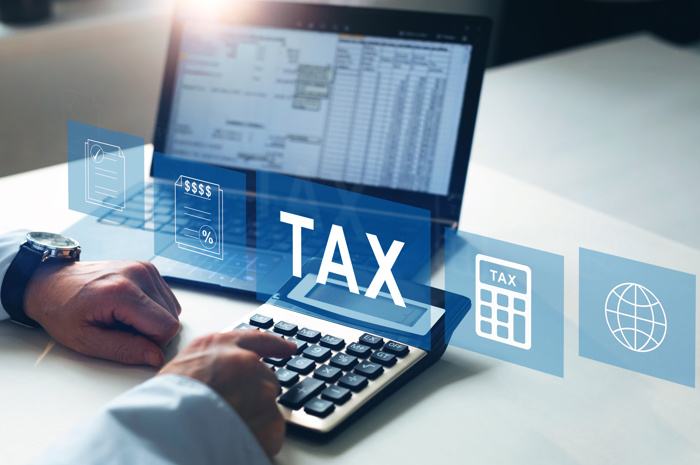Tax season can be a stressful time for many individuals and businesses. Understanding the complexities of tax laws, keeping track of receipts, and ensuring that all deductions are claimed correctly can be overwhelming. That’s where a CPA in Wakefield, MA, comes in.
A Certified Public Accountant (CPA) is a professional accountant who has met specific education and experience requirements. In fact, CPAs are licensed by the state and adhere to a strict code of ethics. They offer a range of services, including tax preparation, financial planning, auditing, and consulting.
If you’re in Wakefield, MA, and looking to navigate tax season smoothly, here’s what you need to know about working with a CPA.
Why Hire a CPA?
- Expertise and Knowledge: CPAs have in-depth knowledge of tax laws and regulations. This is because they stay updated with the latest changes in tax codes, ensuring that your tax returns are accurate and compliant.
- Time-Saving: Preparing taxes can be time-consuming for businesses. A CPA can handle this task efficiently, freeing up your time for other important activities.
- Maximizing Deductions: CPAs can identify deductions and credits that you may not be aware of, potentially saving you money.
- Audit Support: If the IRS audits your return, a CPA can represent you and handle all correspondence, reducing your stress.
Finding the Right CPA in Wakefield, MA
Selecting the right CPA is crucial for a smooth tax season. Here are some steps to help you find a qualified CPA in Wakefield, MA:
- Ask for Recommendations: You can start by asking friends, family, or colleagues for recommendations. In fact, personal referrals can provide valuable insights into a CPA’s expertise and reliability.
- Check Credentials: Ensure that the CPA you choose is licensed in Massachusetts. You can verify their credentials through the Massachusetts Board of Public Accountancy’s website. In addition, look for CPAs who are members of professional organizations such as the American Institute of CPAs (AICPA).
- Consider Experience: Always look for a CPA with experience relevant to your specific needs. For example, if you’re a small business owner, find a CPA with expertise in small business tax preparation and planning.
- Schedule a Consultation: Many CPAs offer free initial consultations. You can use this opportunity to discuss your tax situation, ask questions, and determine if the CPA is a good fit for you.
Preparing for Your CPA Meeting
To make the most of your meeting with a CPA, come prepared with all necessary documents and information. Here’s a checklist to help you get started:
Personal Information
- Social Security numbers for you, your spouse, and any dependents
- Date of birth for all family members
Income Documents
- W-2 forms from employers
- 1099 forms for other income (self-employment, rental, investments)
- Records of any other income (alimony, unemployment benefits)
Expense Documentation
- Receipts and records of deductible expenses
- Mortgage interest statements
- Medical and dental expense records
- Charitable donation receipts
Investment Information
- Statements of interest and dividends
- Records of stock transactions
- Information on any other investments
Miscellaneous Documents
- Last year’s tax return
- Any IRS correspondence
Working with Your CPA
Once you’ve hired a CPA, maintaining clear communication is key. Here’s how to work effectively with your CPA:
- Be Honest and Transparent: Provide complete and accurate information. Remember, misrepresenting information can lead to errors and potential penalties.
- Keep Organized Records: Organized records make it easier for your CPA to prepare your tax return and ensure all deductions are claimed.
- Understand Your Tax Return: Your CPA should explain your tax return to you in detail. So, you should make sure you understand how your taxes were calculated and what deductions were claimed.
- Plan for the Future: A CPA can help you plan for future tax seasons. You should discuss strategies for minimizing your tax liability, such as retirement contributions, charitable donations, and business expenses.
Conclusion
Navigating tax season doesn’t have to be a daunting task. By hiring a qualified CPA, you can ensure that your taxes are prepared accurately and efficiently. From maximizing deductions to providing audit support, a CPA offers invaluable expertise that can save you time and money.
You should take the time to find the right CPA for your needs, prepare thoroughly for your meetings, and maintain clear communication throughout the process. Remember, with the right CPA by your side, you can face tax season with confidence and peace of mind.

Comments